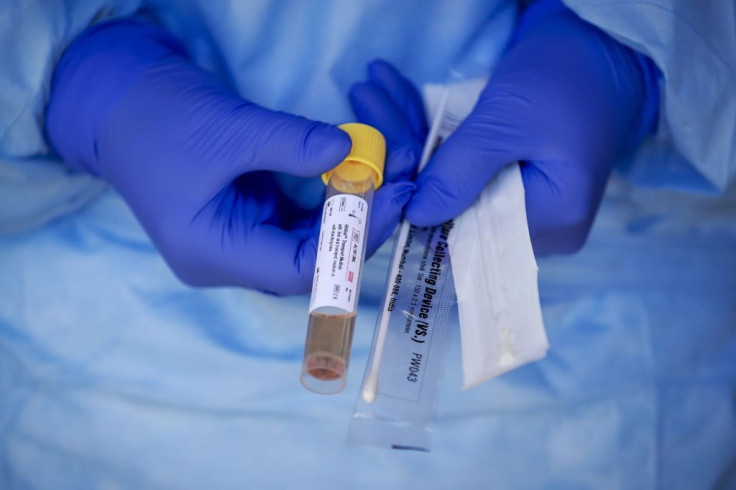The new variant of the coronavirus identified in Brazil is found to be likely more transmissible than its parent strain. Researchers involved in its study say the P1 variant, which was found in the city of Manaus, Brazil has more mutations in the spike protein compared to that of the B.1.1 28 lineage.
Esther Sabino, who heads the Brazilian research team of the Brazil-UK Centre for Arbovirus Discovery, Diagnosis, Genomics and Epidemiology (CADDE), said that she has tested 31 Covid-19 positive samples from Manaus between Dec. 15 and 23. Thirteen of those samples exhibited the P1 variant, however, it was not detected in previous surveillance samples in Manaus between March and November 2020. The variant was also detected in Japan in people who arrived from Brazil.
Their team is continuously studying the genetic characterization of the SARS-CoV-2 virus to determine its transmissibility and the possibilities of an increased risk of severe infections.
According to their research, the variant found in Manaus is different from others identified around the world, such as B.1.1.7 in the United Kingdom and B.1.351 in South Africa. It is also different from the ones found elsewhere in Brazil, such as that of the P2 in Rio de Janeiro and in Rio Grande do Sul.
Sabino said that the spike protein in the P1 variant is the most important factor to consider in the development of vaccines as the virus uses this as a gateway to infect human cells.
Although all of the variants share mutations, researchers are still trying to figure out whether the variants evolved independently from each other or if they are related.
One thing they are certain of is that the variant found in Manaus has alterations of its own and is continuously adapting to the city’s local population to increase its adaptive advantage and survive longer. Genetics experts explain that viruses are only able to thrive due to the speed at which they mutate and evolve. It does this by copying parts of the genetic code of their hosts that enables them to jump from a bat to a macaque or a human.
According to an article on Medical Life Sciences News, the study is still in the preprint phase but has been published on Virological.org. The CADDE team has already shared samples of the P1 variant with other laboratories to enable and fastrack the development of tools to effectively and quickly detect the variant in Covid-19 tests.
While the new variant may increase the number of re-infections, there’s no evidence that it causes new infections to be more severe, says genetics expert Renato Aguiar, who is also co-author of the study.
The behavior of the P1 strain will depend on how humans behave, he warned:
“More gatherings will stimulate the virus to spread faster. It’s a cascade: the more gatherings, the more the virus replicates. The more it replicates, the more it mutates. The more it mutates, the more abundant it becomes.”
The P1 variant has seen the collapse of the Manaus health system as insufficient oxygen supplies have left many hospitals unable to ventilate patients. The city has the only hospital equipped with ICU beds in the Amazonas state which has more than 42 million inhabitants.
In January alone, Amazonas has recorded 47,500 confirmed cases.

© 2025 Latin Times. All rights reserved. Do not reproduce without permission.



